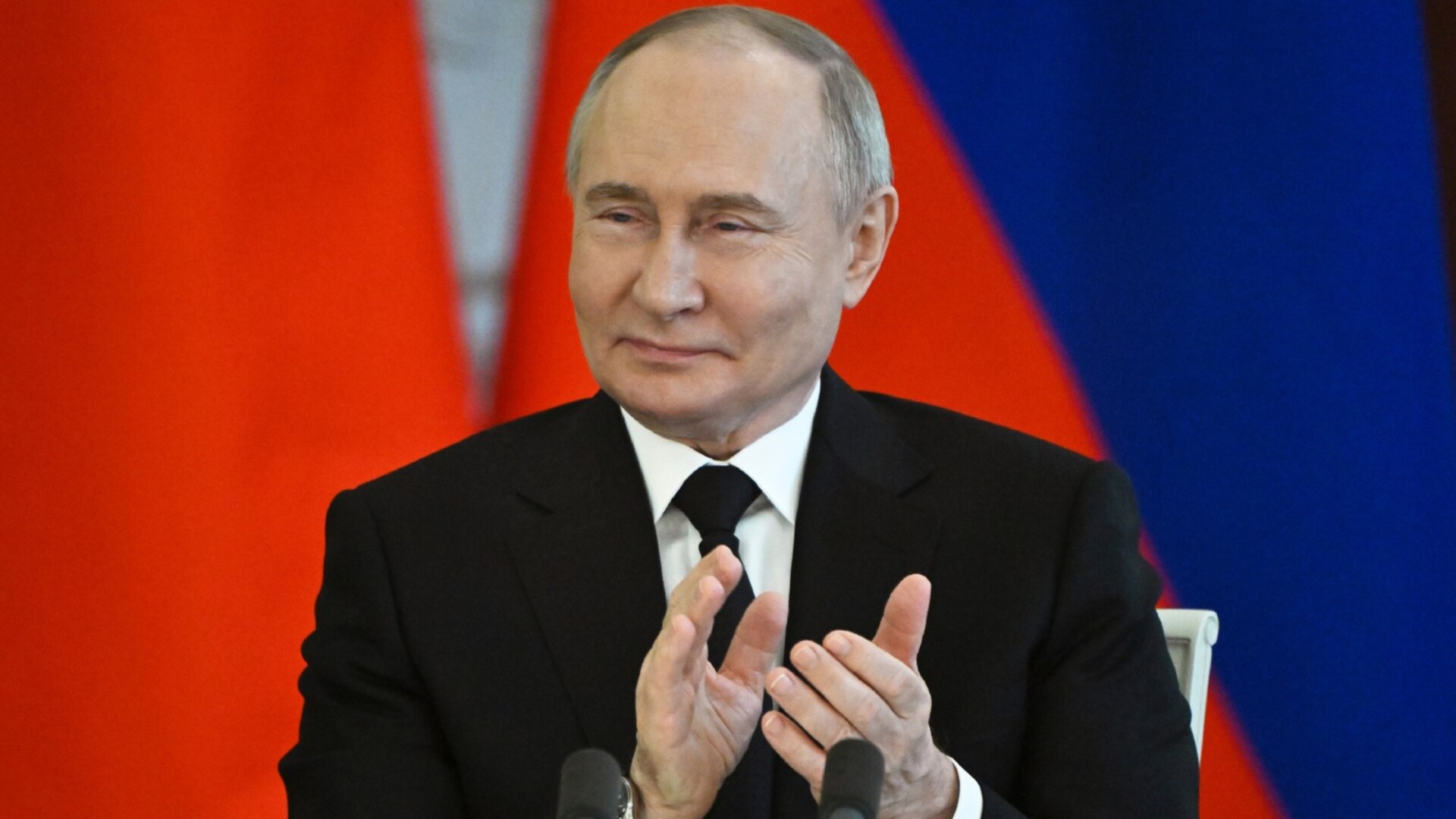Prabowo Subianto urges ASEAN bloc to admit Papua New Guinea to build global heft
The Indonesian president says ASEAN needs heft to navigate a challenging global environment but sceptics fear adding PNG would only add to the bloc’s dysfunction.

Indonesian president Prabowo Subianto has called for Papua New Guinea to be admitted to the Association of Southeast Asian Nations as its newest member, saying the bloc needed greater heft at a time of heightened global uncertainty.
Mr Prabowo made the surprise suggestion during a speech at the leaders’ summit in Malaysia late on Monday amid ongoing debate within ASEAN over how to navigate changing geopolitical circumstances exacerbated by US President Donald Trump’s ‘America First’ policy, and an increasingly assertive China.
“We would like to propose the participation of a close neighbour of ours, that is Papua New Guinea. They have expressed their desire to join ASEAN. I think in the current situation of geopolitical uncertainty, the stronger ASEAN is the more we will be heard in the discourse of the great powers,” he said.
“We know now that only those with strength will be respected.”
ASEAN leaders were scheduled to meet counterparts from China and the Gulf states for an inaugural summit late on Tuesday, as the bloc seeks new partnerships amid growing anxiety over Trump’s tariff policies.
French President Emmanuel Macron was also in Vietnam on Tuesday before scheduled visits to Indonesia and Singapore to underscore France’s dependability as a trade and security partner.

“Everywhere I go, I’ll be saying one simple thing: France is a power of peace and balance,” the French president said in a social media post after landing in Hanoi on Monday.
“It is a reliable partner that believes in dialogue and co-operation. When some choose to withdraw, France chooses to build bridges.”
Mr Prabowo welcomed Timor-Leste’s formal admission to the regional grouping as the eleventh member, which that country’s Prime Minister Xanana Gusmao has said he expects to happen as soon as October.
With a collective population of some 670 million, the currently 10 member Southeast Asian bloc was larger than the European Union, and boasted the world’s fastest economic growth.
Yet, despite projections of this being the ‘Asian Century’, Mr Prabowo suggested ASEAN often punched below its weight.
“Let us not always underestimate our strength and our power. With the increasing membership of Timor Leste and Papua New Guinea I think this will enhance ASEAN’s role in the world,” he said. “We must ensure that ASEAN becomes relevant and therefore we welcome deeper partnerships.”

Papua New Guinea has had observer status with ASEAN since the 1970s, and has periodically raised its hand to be admitted to the regional bloc only to face opposition from Singapore, Malaysia and Brunei over its economic incompatibility with the bloc.
Close to 40 per cent of PNG’s 10 million population live below the poverty line.
Singapore is also believed to have been the ASEAN state least enthusiastic about Timor-Leste’s membership – first proposed in 2011 but agreed upon by all members only in 2022 – for similar reasons.
PNG is already a member of the Pacific Island Forum and is seen as more culturally and historically tied to that region despite sharing the island of New Guinea with Indonesia’s easternmost Papua provinces.
But Prime Minister James Marape said in March he wanted PNG to join ASEAN “because that’s where the focus of the world will be” and he planned to make a formal announcement of its bid next year.

“Some of the our closest neighbours in the southeastern part of Asia — Malaysia, Thailand, Vietnam, Singapore and Indonesia — are rising to become economic superpowers,” he said.
“This provides us with the opportunity to grow with them.”
Singapore politics professor Ja-Ian Chong told The Australian fellow ASEAN leaders were unlikely to openly oppose the Indonesian president’s suggestion though there was little appetite for admitting another country at a vastly different stage of economic development to members such as Singapore, Vietnam and Indonesia.
“There is something to be said for strength in numbers, but more actors also means more serious co-ordination problems – especially in light of existing concerns that ASEAN decision making mechanisms based on consensus and nonintervention might not be adequate for this more contentious world we live in,” Professor Chong said.
“Part of the difficulty ASEAN is already that moving forward is extremely difficult because you have Cambodia and Laos and Myanmar – which is currently in suspended animation – who want and need very different things and are not able to agree.
“That problem is already pretty serious. If you add in new members with more different needs still, then that only adds to ASEAN’s difficulties.”






To join the conversation, please log in. Don't have an account? Register
Join the conversation, you are commenting as Logout